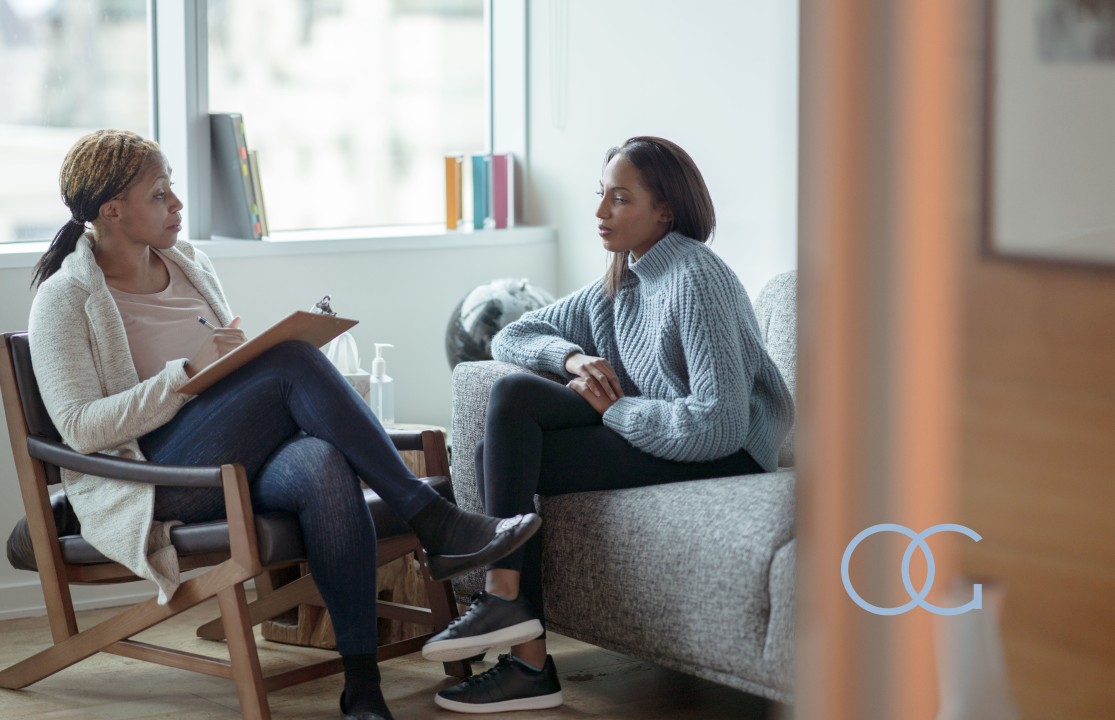Sexual harassment at work or on campus is all too common. But when a disabled employee or student is the target of discrimination and abuse because of two protected traits, the effect on that individual can be devasting and traumatic.
Understanding Intersectionality
Intersectionality is an analytical framework developed by Black queer women in the Combahee River Collective. Popularized by Black legal scholar Kimberlé Crenshaw, it posits that “different forms of inequality […] operate together and exacerbate each other.” Professor Crenshaw and others have used this lens to illuminate the unique, interlocking forms of discrimination Black women face in the workplace and throughout society compared to Black men and white women.
Intersectionality also recognizes a constellation of social characteristics beyond race and gender—including class, sexuality, disability, immigration status, age, and religion—that inform an individual’s experience of discrimination. As lawyers who champion civil rights, we have observed a nexus between gender and disability discrimination in the workplace and campus sexual harassment cases we pursue. In response, we strive to advocate for our clients as their whole selves by crafting authentic, dignified narratives and identifying and pursuing claims based on both protected traits.
At Work and on Campus
In the workplace, sexual harassment remains widespread: more than 40 percent of American women report experiencing an incident of sexual harassment in a professional or work setting. Women with disabilities in the workplace may be more vulnerable to targeting by sexual harassers. Moreover, according to the Institute for Women’s Policy Research shows that sexual harassment adversely impacts survivors’ health: “[i]n addition to negative mental health effects, researchers have found higher risks of long-term physical health problems in response to repeated, long-term gender-based harassment.” Compounding the harm, employers often fail to provide survivors with legally-mandated reasonable workplace accommodations or medical leaves for disabilities that are exacerbated or induced by the unlawful harassment.
Sexual harassment on college campuses is still rampant as well: approximately one in four undergraduate female students have experienced sexual violence on campus. Like their counterparts in the workplace, college women with disabilities are disproportionately more likely to be victims of sexual harassment than their non-disabled peers, face unique challenges afterward, and do not receive adequate support from their universities, as reported by the National Council on Disability (NCD). Additionally, student survivors of sexual harassment or violence “may develop disabilities as a result of their experience, or pre-existing disabilities may exacerbate the impact of gender-based misconduct on their ability to recover and learn.” Despite their heightened vulnerability, the NCD found that “students with disabilities are not ‘on the radar’ of colleges in their sexual assault prevention efforts, policies, or procedures for response and support after an assault.”
Finding Help to Address the Sexual Harassment You’re Experiencing
We have represented women who have been repeatedly abandoned by their employers or alma maters—first, by a failure to protect them from sexual harassment,, and second, by a refusal to provide reasonable accommodations..
Although civil rights laws do not yet contemplate intersectional claims, sexual harassment survivors with disabilities may simultaneously pursue separate claims based on gender and disability discrimination. Moreover, their advocates can—and should—tell survivors’ multidimensional stories.
If you are experiencing discrimination and harassment based on sex, disability, or another protected trait, please contact us. We strive to provide dignified, holistic representation to all of our clients.

